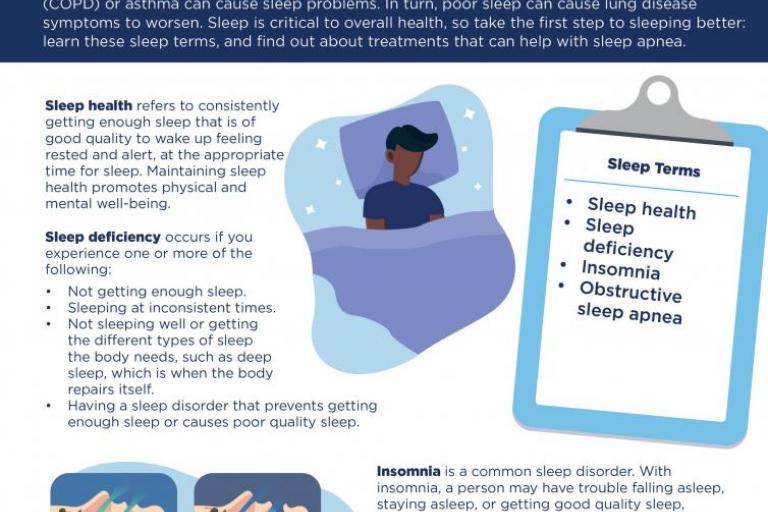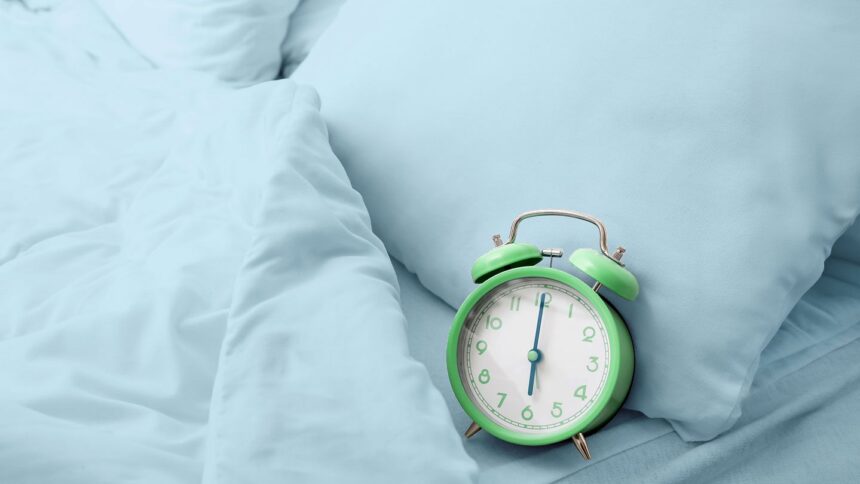Healthy sleep is the cornerstone of overall wellness. In today’s fast-paced world, achieving restful, uninterrupted sleep can often feel like a luxury. Yet, science continues to emphasize that quality sleep is not optional—it’s a vital component of physical, emotional, and mental well-being. If you’ve ever struggled to fall asleep, stay asleep, or wake up feeling refreshed, this guide is for you. By embracing twelve proven sleep habits, your journey toward consistent, healthy sleep can begin tonight.
Why Prioritize Healthy Sleep in Your Daily Life?
Sleep is far more than a period of physical rest. During sleep, the brain processes information, memories consolidate, tissues repair, and your immune system strengthens. Without adequate rest, cognitive performance declines, emotional regulation falters, and physical health suffers. Chronic sleep deprivation has been linked to weight gain, cardiovascular disease, diabetes, and even reduced life expectancy. Given its significance, prioritizing healthy sleep should be at the top of your wellness checklist.
While there’s no one-size-fits-all solution, adopting evidence-based sleep habits can dramatically improve your sleep quality and duration. These changes won’t just help you fall asleep faster but will also ensure deeper, more restorative sleep.
Habit 1: Establishing a Consistent Sleep Schedule
One of the most crucial elements of healthy sleep is consistency. Your body operates on a circadian rhythm—an internal clock that thrives on routine. Going to bed and waking up at the same time every day, including weekends, helps regulate this cycle.
Inconsistent sleep patterns confuse your internal clock and can lead to poor sleep quality, insomnia, or excessive daytime sleepiness. By syncing your schedule with your natural rhythm, you signal your body when it’s time to wind down and when it’s time to rise.
Habit 2: Creating a Sleep-Inducing Environment
The environment you sleep in plays a crucial role in how well you rest. A bedroom should be your personal sanctuary cool, dark, quiet, and comfortable. Invest in blackout curtains to block intrusive light and consider white noise machines or fans to drown out disruptive sounds.
Temperature is another key factor. Most people sleep best in a room kept between 60 and 67 degrees Fahrenheit. A supportive mattress and breathable bedding also contribute to physical comfort, which directly impacts sleep quality.
Your bedroom should be used primarily for sleep and intimacy. Avoid turning it into a home office or entertainment space, as this can confuse your brain’s association with rest.
Habit 3: Limiting Screen Time Before Bed

Technology has become deeply ingrained in our lives, but screens can seriously disrupt healthy sleep. Phones, tablets, and TVs emit blue light that suppresses melatonin—the hormone responsible for making you sleepy.
Ideally, you should stop using screens at least one hour before bedtime. Instead, consider engaging in relaxing activities such as reading a physical book, journaling, or practicing gentle stretches. If you must use a device, enable blue light filters or “night mode” features to reduce the impact.
Habit 4: Developing a Calming Bedtime Routine
A relaxing bedtime routine signals your body that it’s time to transition from the activities of the day to rest. Your wind-down routine could include a warm shower, meditation, deep breathing, or listening to soothing music.
The goal is to engage in activities that promote relaxation and mental stillness. Avoid stimulating activities, like heated conversations, work emails, or intense exercise. Over time, these calming rituals will train your body and mind to prepare for sleep more easily.
Habit 5: Avoiding Stimulants and Alcohol in the Evening
What you consume in the hours leading up to bedtime matters significantly. Caffeine, found in coffee, tea, chocolate, and many sodas, can linger in your system for up to eight hours. Consuming it too late in the day may keep you awake or reduce the depth of your sleep.
Similarly, while alcohol may initially make you drowsy, it interferes with the later stages of sleep, leading to frequent awakenings and diminished sleep quality. Opt for caffeine-free herbal teas or warm milk if you desire a nighttime beverage.
Habit 6: Managing Stress and Anxiety
Stress is one of the most common culprits behind poor sleep. When your mind races with worry or anxiety, it can be incredibly difficult to relax enough to fall asleep. Chronic stress may even lead to sleep disorders like insomnia.
Incorporating stress management techniques into your daily routine can significantly enhance healthy sleep. Practices such as mindfulness meditation, progressive muscle relaxation, journaling, or deep-breathing exercises help calm your nervous system and prepare your body for rest.
If persistent stress or anxiety interferes with your sleep, consider speaking with a therapist or healthcare provider for personalized support.
Habit 7: Exercising Regularly, but Not Too Late
Physical activity offers numerous health benefits, and improved sleep is one of them. Regular exercise helps regulate the circadian rhythm and reduces symptoms of insomnia. It also relieves stress and anxiety, which can otherwise interfere with sleep.
However, timing matters. Vigorous workouts too close to bedtime may leave you feeling wired. Aim for moderate exercise in the morning or afternoon for optimal results. Even a 30-minute walk during daylight hours can make a noticeable difference in your sleep quality.
Habit 8: Eating Smart for Better Sleep
The timing and content of your meals can impact how well you sleep. Heavy, spicy, or greasy meals close to bedtime can cause indigestion or heartburn, keeping you up at night. Instead, opt for a light evening snack if you feel hungry before bed.
Some foods naturally promote sleep, including those rich in magnesium, melatonin, and tryptophan. Examples include bananas, almonds, kiwi, oats, and turkey. Consuming a small portion of these sleep-friendly foods may help encourage healthy sleep.
Habit 9: Keeping Naps Short and Early
Daytime naps can be refreshing, but when poorly timed or too long, they can disrupt your nighttime sleep. If you need a nap, keep it under 30 minutes and schedule it early in the afternoon.
Long or late naps can throw off your circadian rhythm and make it harder to fall asleep at your regular bedtime. Instead of relying on naps to compensate for poor nighttime sleep, focus on improving your overall sleep hygiene.
Habit 10: Exposure to Natural Light
Your body clock relies heavily on cues from natural light to determine when to be awake and when to rest. Morning sunlight, in particular, helps reinforce your internal clock and improves mood and alertness.
Try to spend time outdoors during the first part of the day. Open your curtains in the morning, take a brief walk outside, or work near a window. In the evening, reduce your exposure to artificial light to help your body prepare for sleep.
Habit 11: Listening to Your Body’s Sleep Signals
Tuning into your body’s signals can improve your relationship with sleep. Yawning, heavy eyelids, and decreased focus are all signs your body is ready to rest. Ignoring these cues and forcing yourself to stay awake can throw off your sleep-wake cycle.
Instead, aim to go to bed when you feel naturally tired. If you can’t fall asleep after 20 minutes, get out of bed and do a calming activity in dim lighting until you feel sleepy again. Forcing sleep often makes it more elusive.
Habit 12: Seeking Help for Persistent Sleep Problems
Sometimes, even after improving your sleep hygiene, you may still experience poor sleep. Conditions like insomnia, sleep apnea, restless leg syndrome, or circadian rhythm disorders can interfere with healthy sleep and require medical attention.
If sleep problems persist for more than a few weeks and begin to impact your daily life, consult a healthcare provider or sleep specialist. They can help identify any underlying conditions and recommend appropriate treatments, which may include cognitive behavioral therapy for insomnia (CBT-I) or medical interventions.
Long-Term Benefits of Healthy Sleep Habits
The benefits of adopting these twelve habits extend far beyond better sleep. When you sleep well, every aspect of your life improves. You think more clearly, handle stress more effectively, and have the energy to engage fully with your work and relationships.
Healthy sleep supports weight management, hormonal balance, immune function, and even your skin’s appearance. You’re more likely to make healthy food choices, stay physically active, and maintain emotional resilience when you’re well-rested.
Most importantly, establishing a foundation of healthy sleep creates a ripple effect that supports all other areas of wellness.
The Sleep-Productivity Connection
One of the most overlooked aspects of healthy sleep is its direct impact on productivity. Whether you’re a student, a working professional, or managing a household, your cognitive sharpness and decision-making abilities hinge on adequate rest.
Sleep deprivation impairs attention, memory, and problem-solving skills. Over time, this leads to diminished performance at work or school, strained relationships, and increased risk of burnout. Prioritizing sleep doesn’t take time away from your goals—it helps you achieve them more efficiently.
Resetting Your Sleep Health: A Journey, Not a Quick Fix
Building healthy sleep habits is a gradual process. Don’t expect overnight transformation. Consistency is key, and even small improvements can lead to significant changes over time. Tracking your sleep patterns using a journal or a sleep app can provide valuable insights into what works for you and where adjustments are needed.
Be patient and compassionate with yourself during this process. Occasional sleepless nights are normal. The goal is to reduce their frequency and build a foundation of long-term, restorative sleep.
A Final Word on Embracing Healthy Sleep
In the hustle and bustle of modern life, sleep often takes a backseat to work, social obligations, and digital distractions. However, there is no substitute for consistent, quality rest. Healthy sleep isn’t a luxury—it’s a necessity that enables you to live your life to the fullest.
By adopting the twelve habits outlined above, you are taking powerful steps toward transforming your nights—and your days. It’s never too late to improve your sleep hygiene and reclaim the deep, restorative rest your body and mind crave.
Whether you start with just one change—like putting your phone away earlier—or go all-in with a full sleep routine overhaul, your efforts will pay off. Better sleep means a better life. And your journey to healthy sleep begins tonight.

